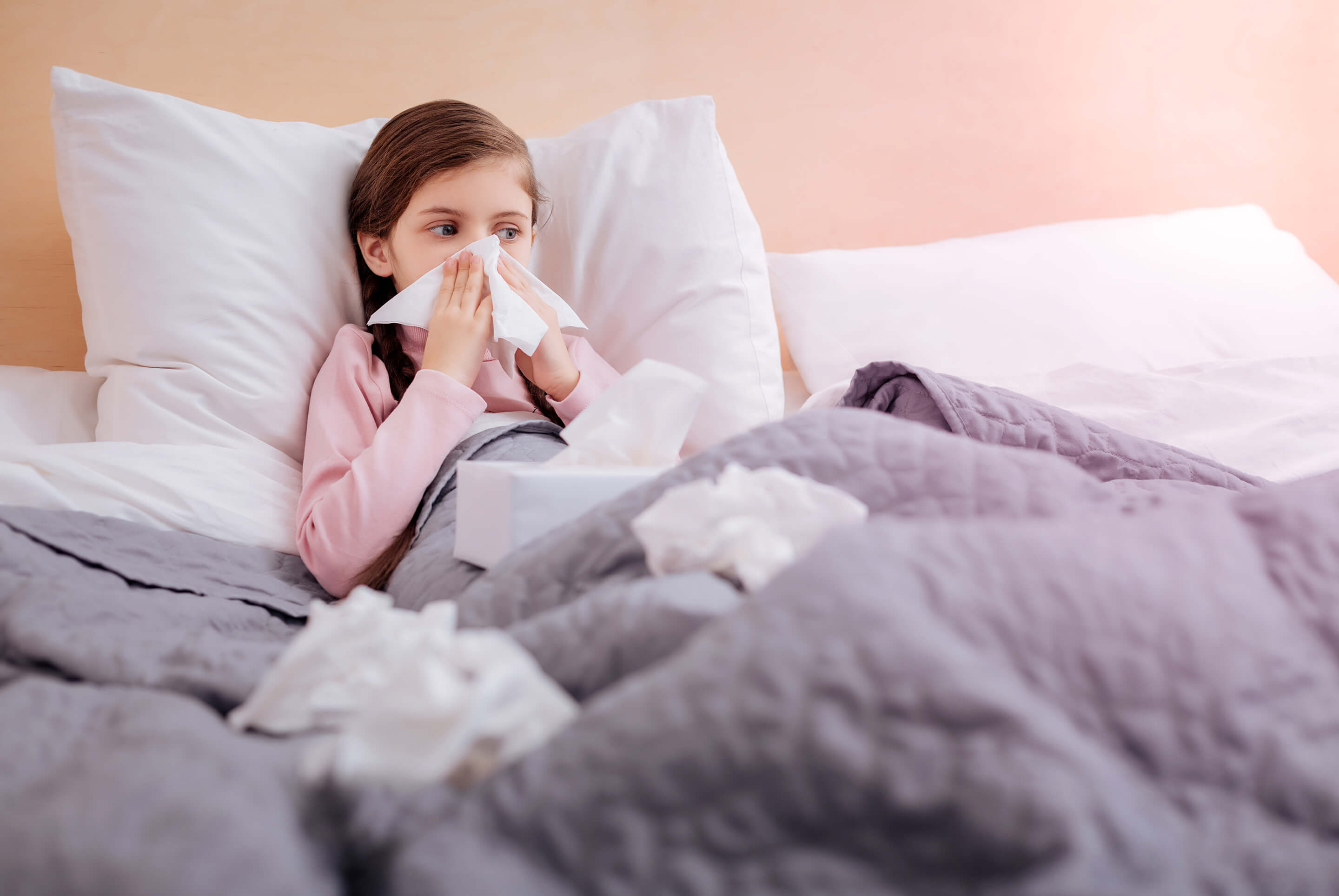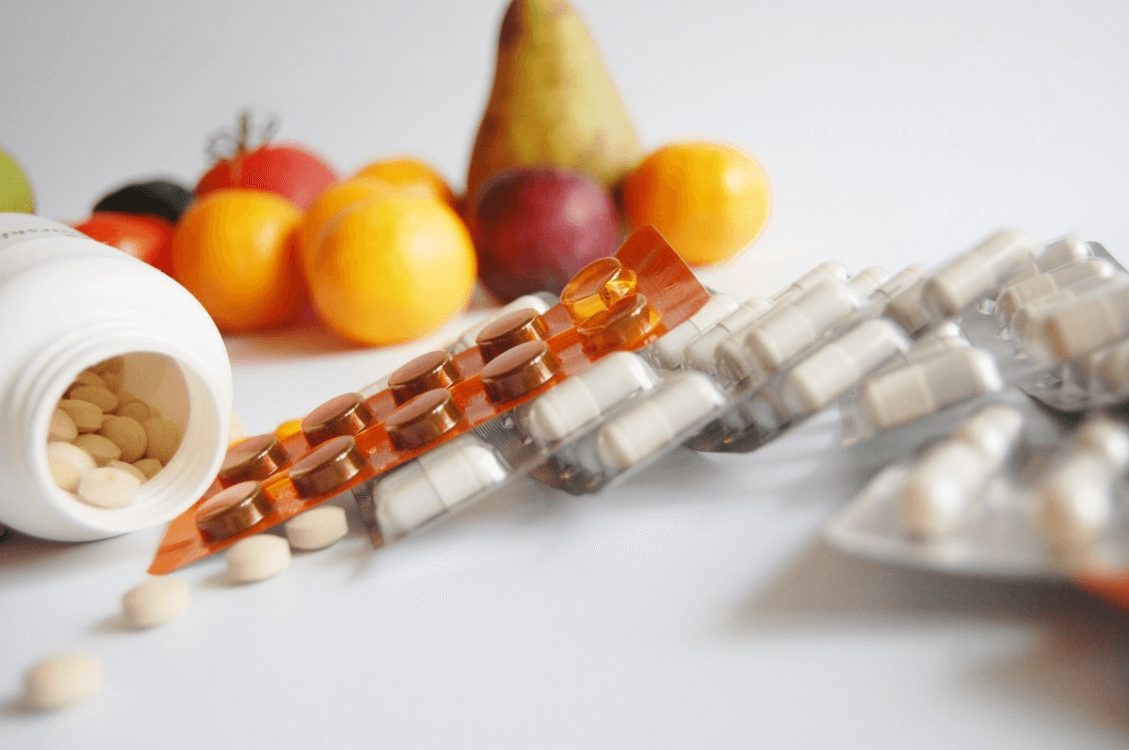Is Vitamin D More Effective Than the Flu Vaccine?
Ask most people what they know about vitamin D, and you’ll probably hear the same few things: it’s good for your teeth and bones, and you get it from milk and sunshine.
While all of that is true, recent studies show that there’s another benefit to vitamin D, and it’s every bit as important as building strong bones.
Vitamin D has been shown to help the body defend itself against acute respiratory infection, like you get from the flu or a common cold. We wanted to take a closer look at the studies behind these claims, and offer up some ways to help you make sure you’re getting enough vitamin D in your diet.
Cut Respiratory Risks in Half
Vitamin D’s effects on respiratory health are big news because of just how big of an impact they appear to make. Studies found that the difference in risk of respiratory infection was significantly higher in people who were vitamin D deficient?effectively twice as high as in those with sufficient levels of vitamin D.
That’s right?a vitamin D deficiency doubles your risk for cold, flu, or other acute respiratory infections.
That means that maintaining a healthy level of vitamin D is better at preventing the flu than getting the flu vaccine (which fluctuates in effectiveness from year to year, and is estimated to only be 17% effective in 2018). So not only can it be more than twice as effective at flu prevention, but vitamin D also involves 100% fewer needles than getting the vaccine.
All you need to reap the respiratory protection of vitamin D, according to the studies, are daily or even weekly doses of supplements. The key here is that you only need to stay at or above the recommended levels of the vitamin?there’s no benefit to dosing yourself to artificially high levels. All you need to do is avoid vitamin D deficiency (blood levels below 10 mg/dl, if you’re counting).
Of course, once you’re maintaining a healthy vitamin D level, getting the flu shot will boost your chances of dodging the flu by that much more?so by all means get it if your doctor recommends it! Just make sure your vitamin D level is where it needs to be first, to maximize the benefit.
How To Have Healthy Vitamin D Levels
Vitamin D is a bit of a strange vitamin, in that you can’t get a healthy dose of it through diet alone. It’s just not present enough in foods.
The only way you get vitamin D naturally is exposing your bare skin to sunlight.

How much sun exposure you need depends on a host of factors?including the time of year, your location, how much skin you have exposed, your age, and the natural color of your skin (the paler you are, the faster your body will produce vitamin D in response to sunlight). It can happen very quickly?there’s no need to get a sunburn or even a tan while trying to soak up some sun for vitamin D.
But it’s also pretty hard to regulate your vitamin levels this way. While it may take just a few minutes of midday sunshine for someone in Miami to get the vitamin D they need, that same person would have to spend more than an hour in the midday sun in Montreal. And that’s in the middle of the summer?in winter up north, it may not even be possible to generate vitamin D from sunlight at all (and that’s assuming you don’t mind exposing some skin in the cold)!
That’s why the easiest way to make sure you stay at a safe and healthy level of vitamin D is through dietary supplements.\

Taking a vitamin D supplement will let you keep your levels where they need to be for optimal health, and you won’t have to worry about how much time you’re spending in the sun. According to the respiratory health studies, daily or even weekly doses of supplements are all you need to make a difference in your vitamin D levels, and your overall health.
How much vitamin D you need on a daily basis is a matter of debate, with some health organizations recommending 5,000 IU per day and others recommending under 1,000. But the good news is that the studies referenced in this article used the low end of that spectrum for their baseline, which means that taking 1,000 IU of vitamin D per day is enough to get its protection against respiratory infections.




